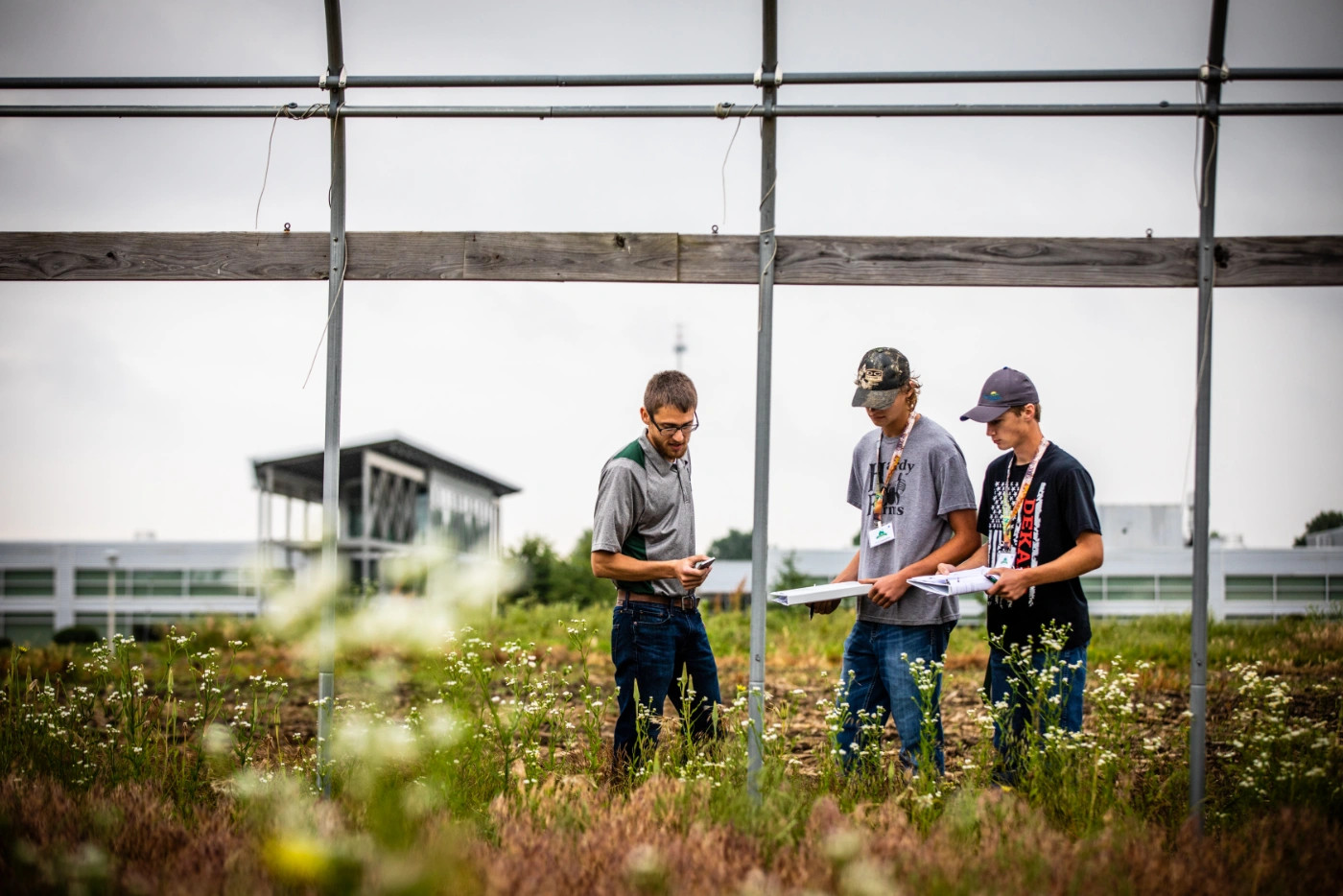
Ever wonder what it takes to transform your passion for agriculture into a career as a teacher? At Northwest Missouri State University, our bachelor of science in education in agricultural education (B.S.Ed.) combines teaching and agriculture. This program prepares you to train the future farmers, scientists and leaders who will address food security issues.
As traditional farming practices merge with cutting-edge technology and sustainable approaches, your role as a qualified agriculture teacher has never been more important. With its hands-on farm experience, small class sizes and 100% job placement rate, Northwest’s agricultural education program prepares you to make a lasting difference. You’ll have various career options, both in the classroom and across the agricultural industry.
You’ll also benefit from a curriculum designed with input from a professional advisory committee, ensuring your education aligns with industry expectations and classroom realities.
In this blog, we’ll explore what makes agricultural education a rewarding career path that allows you to shape the future of agriculture.
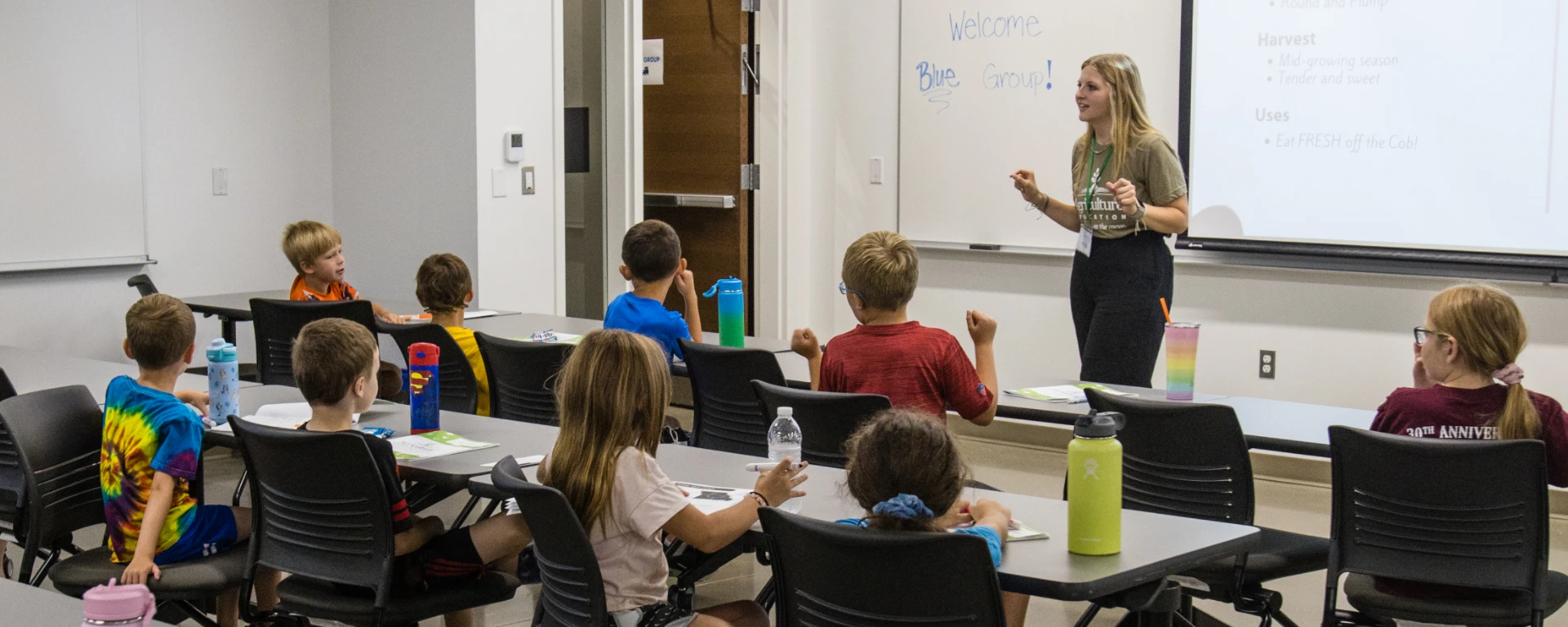
Agricultural education is no longer focused solely on production farming. When you become an ag teacher, you’ll blend traditional agricultural knowledge with science, technology, engineering and mathematics. You’ll prepare your students for top careers ranging from precision agriculture and biotechnology to natural resource management and agricultural business.
As a teacher in your school and community, you’ll take on many roles. You’ll design engaging lessons covering plant and animal science, agricultural mechanics and natural resources. You’ll also guide your students through hands-on experiments and skill development in laboratory settings.
Beyond the classroom, you’ll take on additional roles. You might coach FFA leadership teams, oversee career development events and mentor students in their supervised agricultural experience projects. Most importantly, you’ll connect your students with real-world agricultural experiences, fostering their critical thinking, problem-solving and innovation skills.
Northwest’s program also helps you grow as a leader and communicator, with opportunities to strengthen your teamwork, public speaking and decision-making skills as you support students and collaborate with industry partners.
B.S.ED. in Agricultural Education
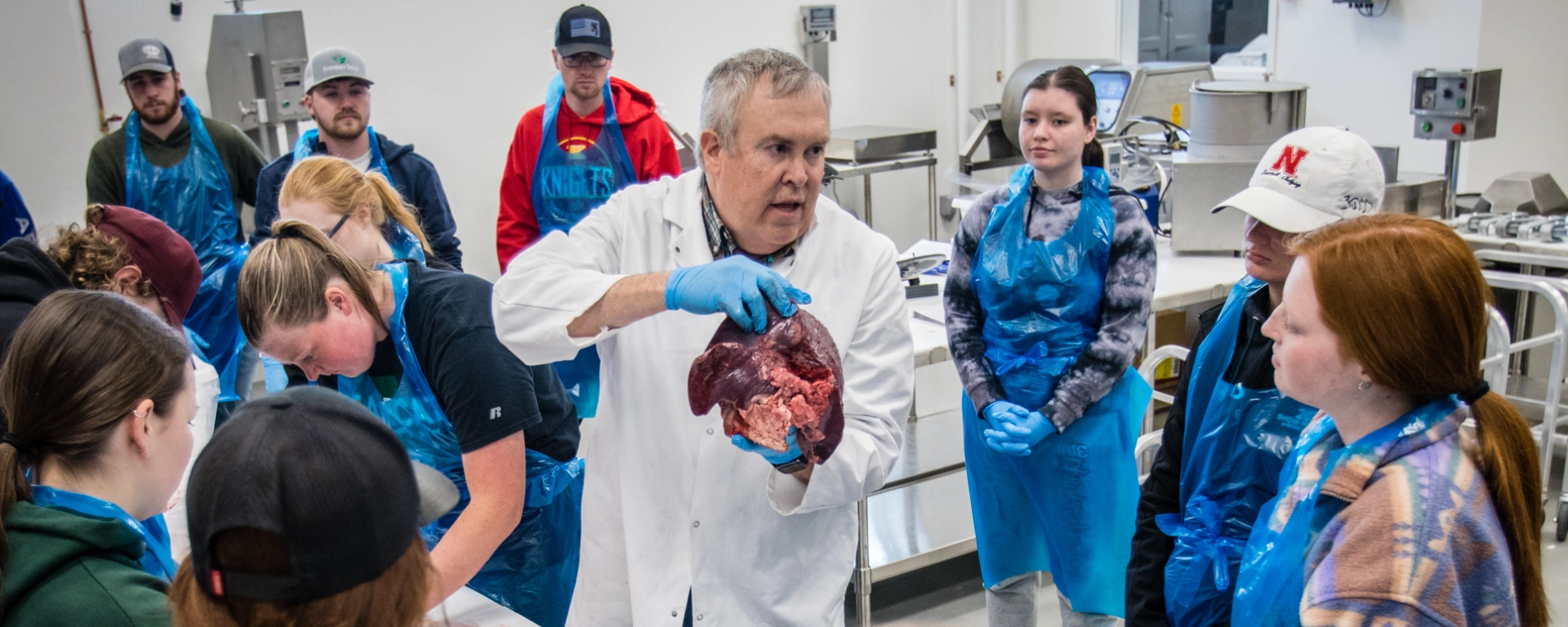
Few teaching paths offer the breadth of impact and personal fulfillment you’ll find in teaching agriculture. Here are some compelling reasons to consider pursuing this rewarding career:
Working with the same students year after year, you’ll form supportive relationships. FFA and other extracurricular activities will give you meaningful mentorship opportunities. You’ll experience the satisfaction of watching your students discover their agricultural passions, develop skills and grow into confident young professionals.
When you become an ag teacher, you’ll serve as a vital link between schools and communities, particularly in rural areas where agriculture is the economic and cultural backbone. You’ll organize community service projects, collaborate with local producers and foster agricultural literacy that extends far beyond your classroom.
No two days will be the same in your career. One day might involve leading a lesson on plant genetics, while the next involves conducting a welding demonstration in the ag mechanics shop and coaching your livestock judging team after school. This variety will keep your profession engaging and offer you continuous growth opportunities.
Schools across the country face persistent shortages of qualified ag teachers. According to the National Association of Agricultural Educators, many positions remain unfilled each year. Others are filled by educators teaching outside of their certification areas. This demand translates into strong job security and diverse opportunities.
Your role requires staying current with rapidly evolving agricultural industry practices and technologies. This constant evolution means you’ll continually expand your knowledge alongside your students – a perfect scenario if you’re a lifelong learner.
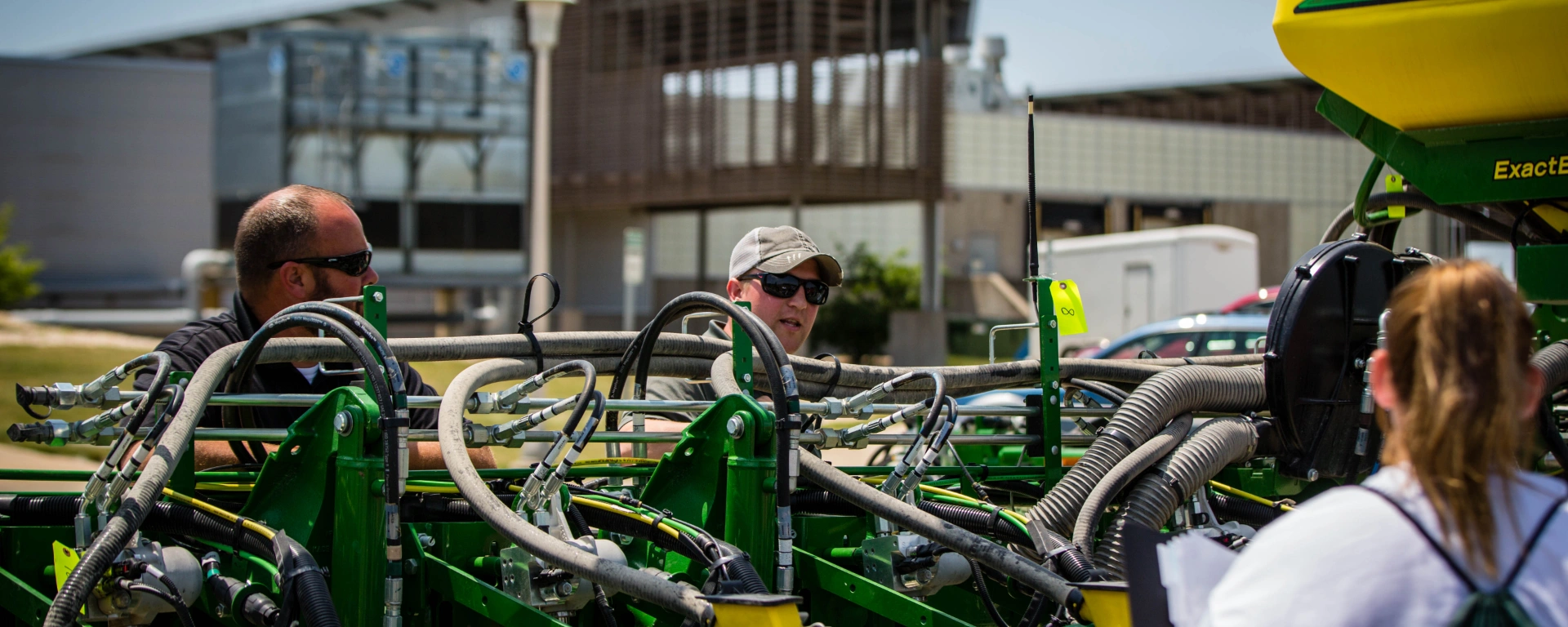
Becoming an effective ag teacher requires comprehensive preparation in agricultural content knowledge and teaching methodology. Northwest’s B.S.Ed. in agricultural education provides you with the ideal foundation for success. Our program specifically addresses the critical shortage of qualified agriculture teachers in Missouri and nationwide.
An agricultural education degree gives you the ideal foundation for your teaching career through:
At Northwest, our agricultural education program integrates these elements into a comprehensive preparation experience. We’ll prepare you for teacher licensure opportunities across Missouri, Iowa, Nebraska, Kansas and beyond.
Learn more about the Agricultural Education Degree
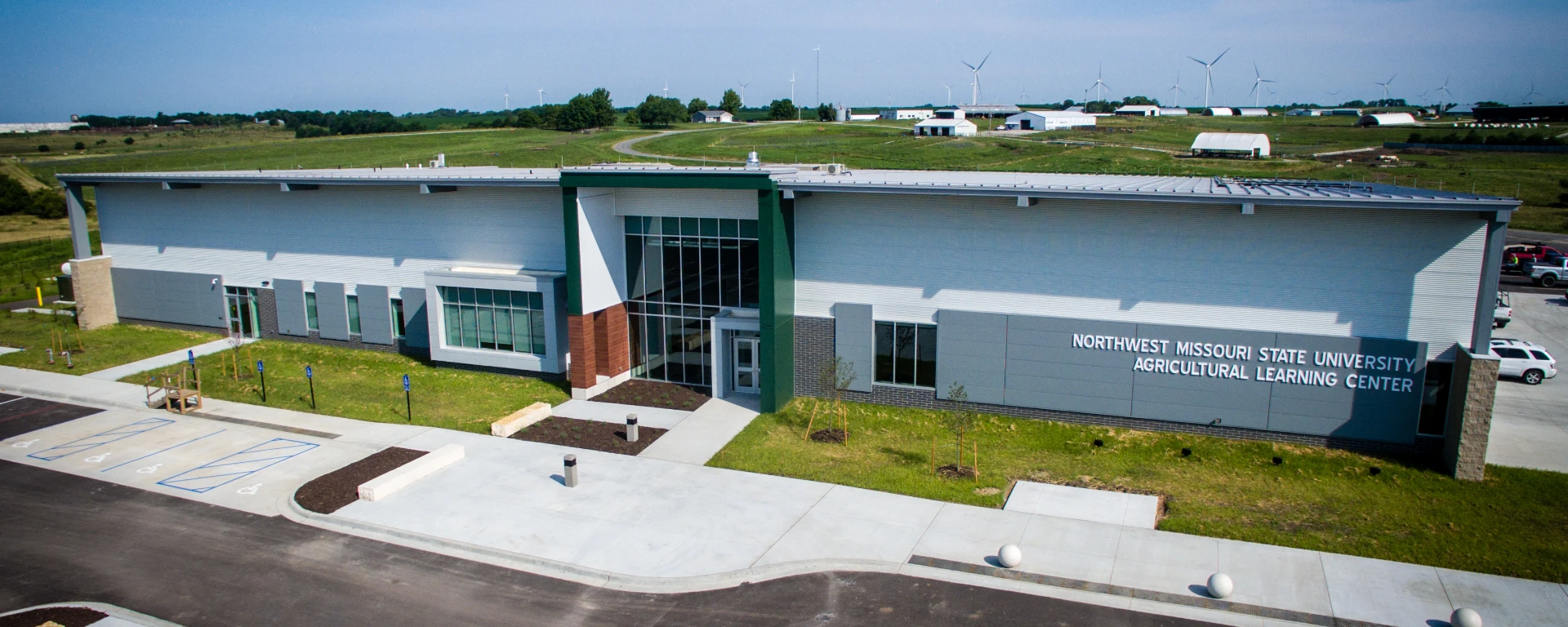
Northwest has established itself as a leader in preparing outstanding educators like you. Our program gives you several distinct advantages including:
Our agricultural education degree is ranked among the top in Missouri. Through rigorous coursework, our experienced faculty bring real-world agricultural teaching expertise into the classroom.
Northwest offers you a high-quality education for less than you'll pay for similar programs in Missouri, Iowa, Nebraska and Kansas. At Northwest, 96% of first-time, full-time students receive scholarships or grants. If you’re attending on campus, our textbook and laptop rental programs can save you about $6,800 over four years.
You’ll learn at Northwest’s 448-acre R.T. Wright Farm, your living laboratory featuring beef, swine and crop operations. This facility gives you practical experience with the same technologies and techniques you’ll later introduce to your own students.
Northwest maintains strong connections with industry leaders, government agencies and educational organizations in the agricultural sector. These relationships provide networking opportunities, access to guest speakers and insights into current agricultural practices and innovations.
This program emphasizes sustainable agricultural technologies that prepare you for today’s challenges. You’ll be ready to teach emerging practices in resource management, precision agriculture and environmental stewardship.
The agricultural education degree combines business principles, environmental science and technology with core agricultural knowledge, preparing you to provide a comprehensive education to your students.
What does a typical day look like for an ag teacher? For most educators, each day is a little different.
Here’s what a day might look like in the field:
This variety keeps your profession engaging and allows you to constantly grow in your knowledge and skills alongside your students. Beyond the day-to-day satisfaction, your career contributes to addressing larger agricultural issues.
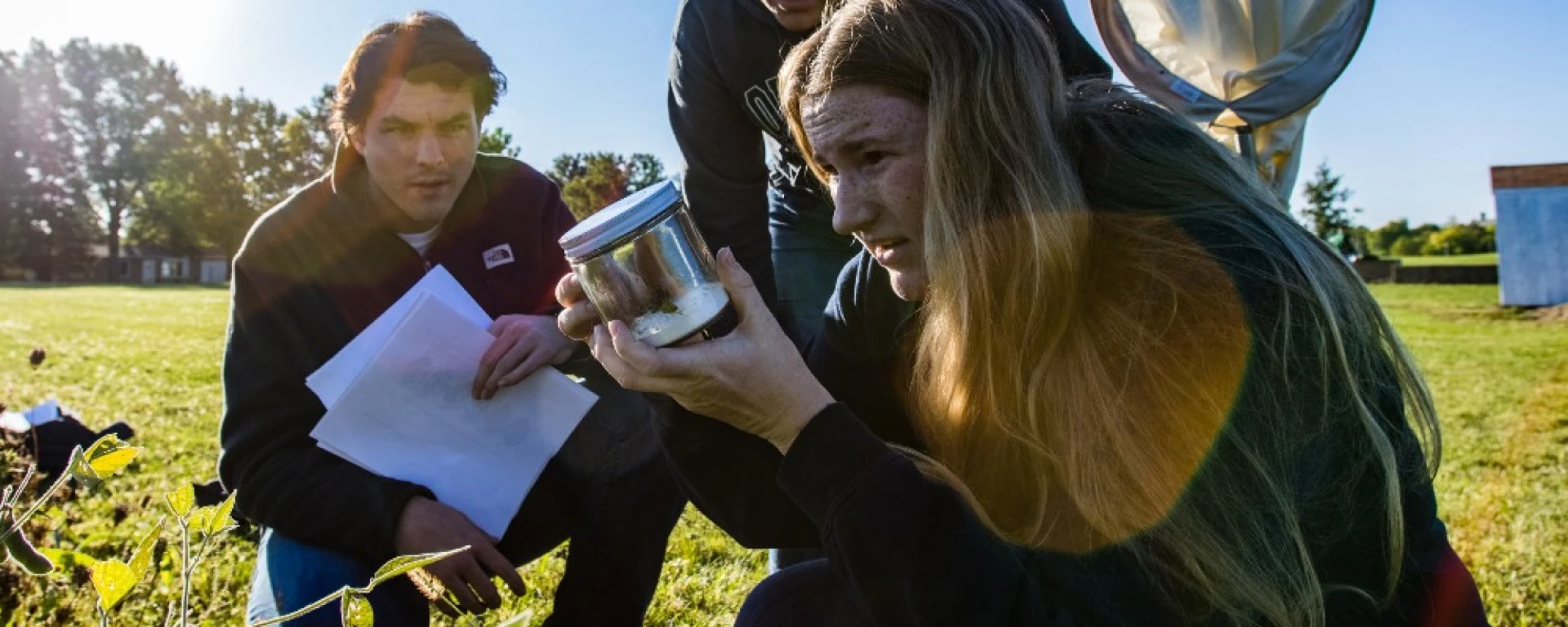
Agriculture will face growing challenges in the coming decades. Feeding a growing global population while adapting to climate change and preserving natural resources will require well-trained agricultural professionals.
As an ag teacher, you’ll inspire young people to see agriculture as a calling that addresses humanity’s most fundamental needs. Beyond teaching technical skills, you’ll help students develop critical thinking abilities, leadership skills and ethical perspectives for responsible agricultural management.
Northwest’s B.S.Ed. in agricultural education gives you the skills and experiences to excel in this critical profession. Start your career at Northwest, where nearly 100% of our graduates find agricultural teaching jobs after graduation. We’ll help you become the teacher who inspires the next generation of agricultural problem-solvers.
Ready to make a difference? Learn how you can join our next class of future ag teachers.